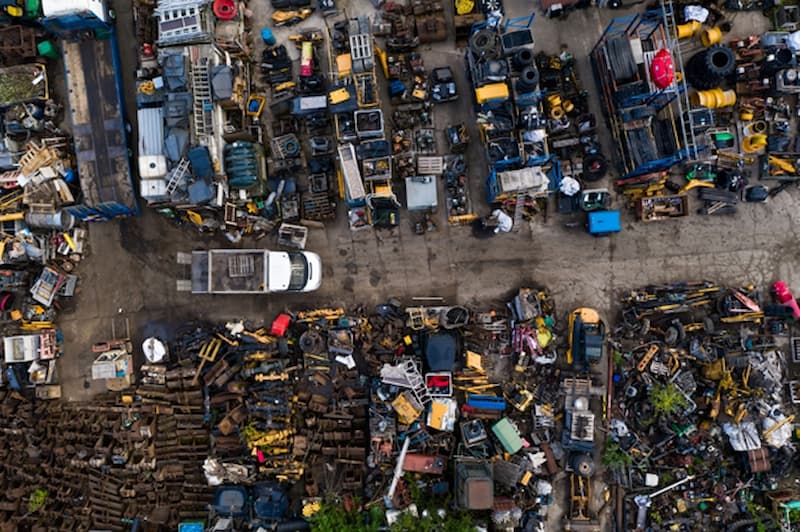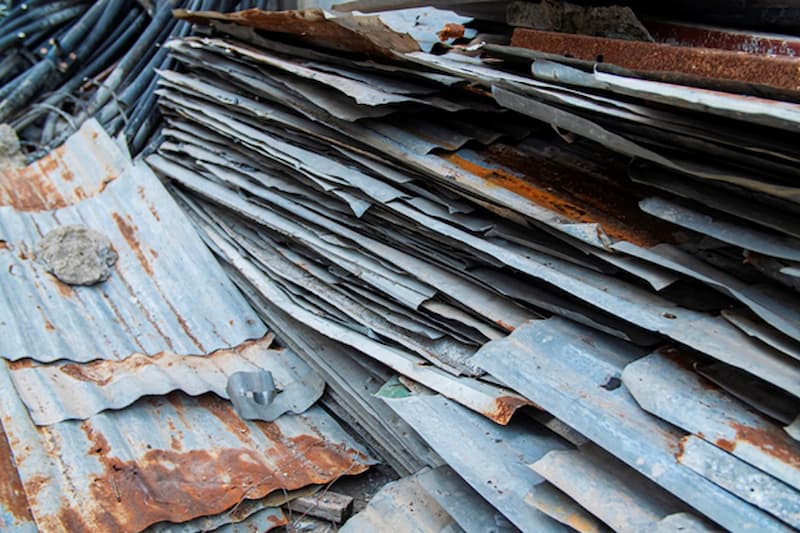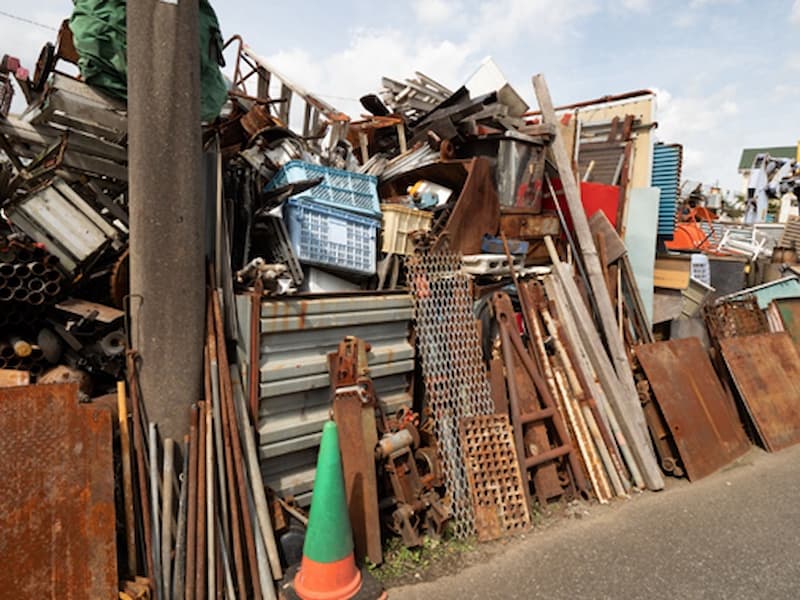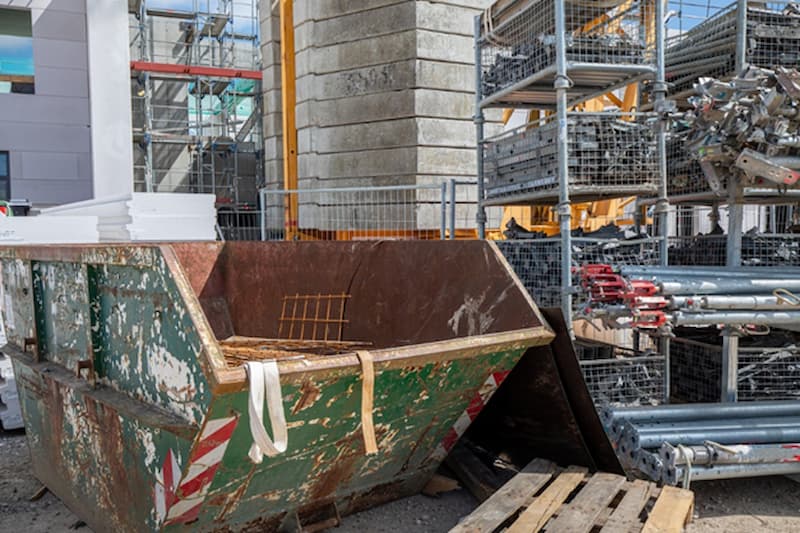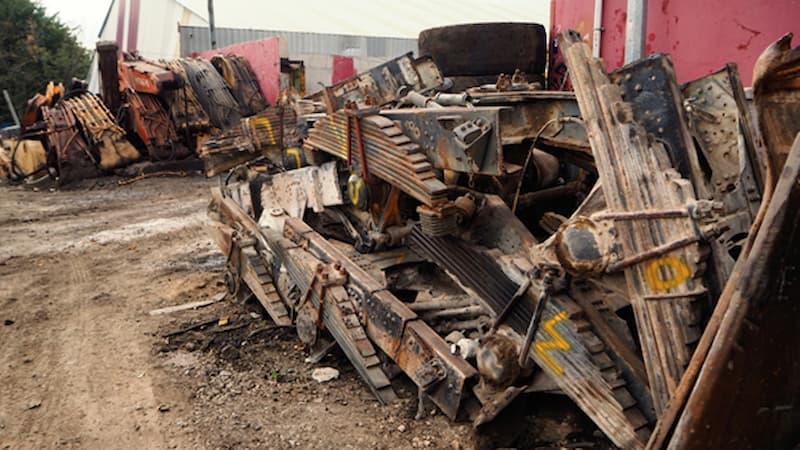As a business owner in the scrap metal recycling industry, we understand your top priority is ensuring your business operates ethically, legally, and securely. Unfortunately, scrap metal laundering is a growing phenomenon that threatens your business.
With over 35 years of experience in the scrap metal recycling industry, we have built vast knowledge and expertise in scrap metal processing and recycling. In this blog, we provide you with a comprehensive guide to scrap metal laundering that will inform and empower you so that you can protect your business effectively.
What Is Scrap Metal Laundering?
Scrap metal laundering is the illegal practice of disguising stolen or illegal scrap metal as legal material. Criminals achieve this by altering documents and records or mixing legitimate scrap metal with stolen or illegal material. As a result, the origins of the material become difficult to trace, making it easier for criminals to sell and profit from their illicit activities.
Why Is Scrap Metal Laundering Illegal?
Scrap metal laundering is considered illegal for several reasons. For instance, it can be closely associated with the trafficking of stolen or illegally obtained scrap metal. Thieves may steal valuable metals from various sources, such as construction sites or personal property, and then attempt to sell them as legitimate scrap metal. By engaging in scrap metal laundering, criminals can avoid suspicion and detection, making a profit from their illegal activities easier.
Scrap metal laundering can also undermine legitimate business and disrupt the scrap metal industry. By concealing the true origin of scrap metal, illegal operators can flood the market with stolen or illicitly obtained metals, leading to an imbalance in supply and demand. This can result in economic losses for legitimate scrap metal buyers and hinder the functioning of a fair and competitive market.
Illegally obtained or unidentified scrap metal may include hazardous materials or components that require special handling and disposal to prevent environmental and human health harm. By circumventing regulations and concealing the true nature of the scrap metal, proper safety measures may not be followed, posing risks to workers, communities, and the environment.
Common Techniques of Scrap Metal Laundering
Scrap metal laundering can involve various techniques to conceal the origin or ownership of the metal. Some of the common methods that people should be aware of:
- False Documentation: One method used in scrap metal laundering is the creation of falsified documentation, such as invoices or paperwork, to make it appear that the metal has been sourced and sold legitimately. This can involve using fake company names, addresses, and transaction details.
- Smurfing: Smurfing involves breaking down large quantities of stolen or illicitly obtained scrap metal into smaller batches sold separately to different scrap metal dealers. By doing this, criminals aim to avoid suspicion and detection by spreading stolen metal sales across multiple locations.
- Shell Companies: Criminals may create shell companies or front companies to facilitate the laundering of scrap metal. These companies are often used to receive and sell illegal metal, making it difficult to trace it back to its original source.
- Manipulating Weight and Grades: Another technique used in scrap metal laundering is the manipulation of weights and grades of the metal. Criminals may alter the weight of the metal or misrepresent its quality to inflate its value or make it appear more legitimate.
Preventing Scrap Metal Laundering
Preventing scrap metal laundering involves implementing measures to enhance transparency, traceability, and accountability. Here are some key steps that can help prevent scrap metal laundering with your scrap metal processing:
- Regulatory Compliance: Stay compliant with local laws and regulations governing the scrap metal industry. Familiarise yourself with the requirements and obligations related to record-keeping, reporting, and identification verification. Regularly review and update your practices to ensure ongoing compliance.
- Due Diligence on Suppliers and Buyers: Conduct thorough due diligence on both your suppliers and buyers. Verify their credentials, licenses, and legitimacy. Once you have established clear and documented procedures for vetting potential partners to ensure they are reputable and aligned with legal requirements.
- Robust Documentation: Maintain comprehensive and accurate records of all sold scrap metal, including invoices, purchase orders, shipping documents, and identification details of the individuals involved. Ensure the documentation is complete, transparent, and readily available for inspection by authorities if required.
- Transparent Pricing: You’ll need to ensure transparency in pricing by using established market prices for various types of scrap metal. Avoid engaging in transactions that deviate significantly from fair market prices, as it can indicate illicit activities.
- Physical Security and Monitoring: Secure your premises where scrap metal is stored and processed. You can implement access controls, surveillance systems, and adequate lighting to deter theft and monitor activities. Ensure you promptly report and investigate any suspicious activities or missing inventory.
- Training and Awareness: Train your employees about the risks of scrap metal laundering and the importance of compliance. Raise awareness about the signs of suspicious activities and how to report them internally or to the appropriate authorities.
By implementing these preventive measures, scrap metal businesses can reduce the incidents of scrap metal laundering and promote a legitimate, transparent, and responsible industry.
Reduce the Risk of Scrap Metal Laundering With Morecambe Metals
Morecambe Metals offer a wide range of scrap metal recycling services, including scrap metal processing, scrap metal collection, and demolition scrap processing employing various recycling and processing techniques. Whether you require scrap metal collection or metal recycling services, Morecambe Metals is well-equipped to handle all your needs.
So, if you’re in Morecambe, Lancaster, Carlisle, Barrow-in-Furness, Kendal, Garstang, Preston, or Blackpool, be sure to get in touch with our team of experts today.


